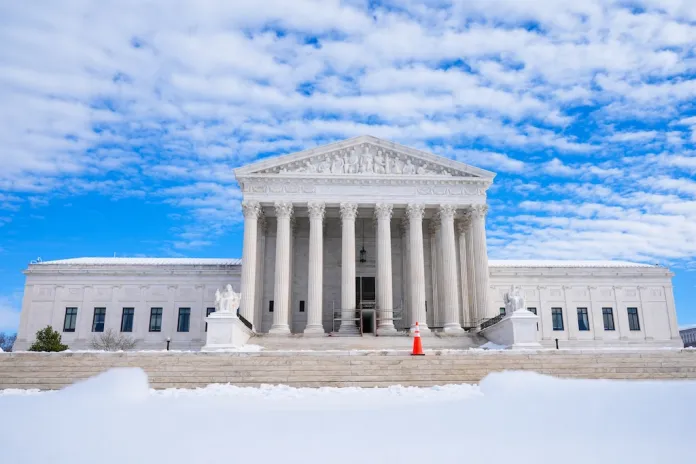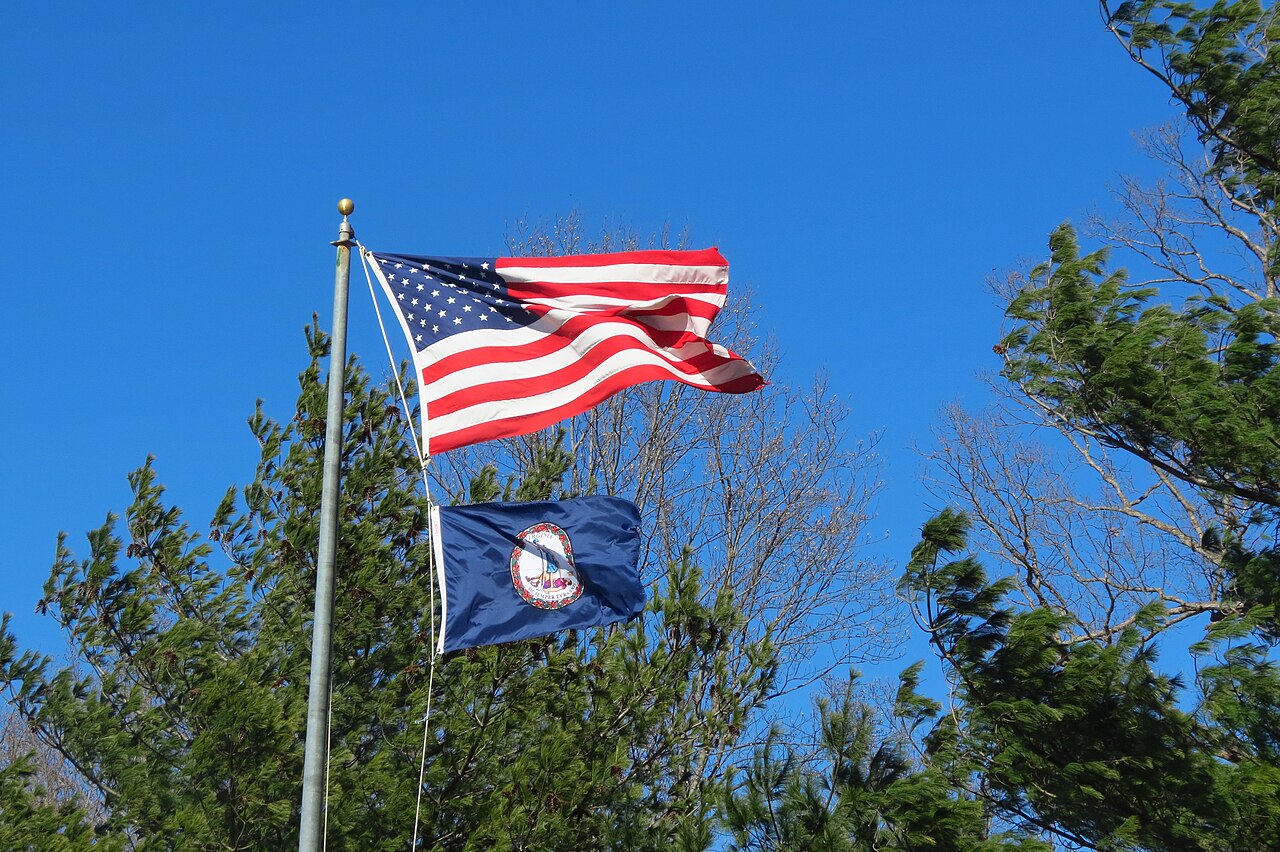PA Supreme Court Shuts Down Lawfare Aimed At Election Law
A group of Pennsylvania voters challenged the state’s 88-year-old closed primary system, which requires voters to register with a political party to participate in that party’s primary elections. Instead of seeking legislative change, they filed a rare petition directly with the Pennsylvania Supreme Court, asking it to use its King’s Bench jurisdiction to declare the system unconstitutional. The petitioners argued that registering with a party compromises their privacy and that their former parties no longer reflect their views. though, they did not identify any legal barriers preventing party registration and participation in primaries, as millions of Pennsylvanians do. The court,despite its history of judicial activism,declined to intervene,likely considering the political risks before upcoming elections. the petitioners explicitly requested the court to strike down the legal definition of qualified primary voters without crafting a new primary system or suggesting legislative solutions. Ultimately, the Pennsylvania Supreme Court refused to bypass the legislature and lower courts, preserving the existing closed primary system.
While leftists around the country seek emergency court orders to stop President Donald Trump from fulfilling many of his campaign promises, a group of activists in Pennsylvania recently tried to use a similar tactic to take down an 88-year-old election law.
Pennsylvania’s closed primary system, which requires voters to be registered with a political party to vote in that party’s primary, dates back to 1937. Like any law, it can be changed by the state legislature, but that requires time, effort, and political will. Instead, a group of four voters who don’t like the current primary system tried to use a judicial shortcut to accomplish their policy objective.
They bypassed not just the legislature but also the lower courts, filing a Petition for Exercise of King’s Bench Jurisdiction and Declaratory Relief with the Pennsylvania Supreme Court.
In the filing, the petitioners’ lawyers demanded the court exercise its King’s Bench power, a rarely used tool giving jurisdiction to the highest court in urgent matters, to declare the closed primary system unconstitutional. To explain why Pennsylvania’s 88-year-old system was a problem of “immediate public importance” needing an urgent, drastic solution that sidestepped the other branches of government and the lower courts, the filing referenced voters who chose not to register with a political party. Why that became such a pressing emergency during the summer of 2025 was not made clear.
Each petitioner claimed roughly the same reasons for choosing not to register with a political party: that their former party no longer reflected their current views. The petitioners also denounced the public nature of registering with a party that they felt would reveal their own political preferences. Notably, they did not cite any law or government body that prevented them from registering with a political party, and therefore participating in primaries like millions of other Pennsylvanians.
The lead petitioner, Michael Smerconish, an attorney and media figure with a radio show and a weekly CNN program, waxed poetic online about the unfairness of closed primaries. You’d think someone with his résumé might understand that choosing not to affiliate with a political party is actually an exercise of a constitutionally preserved freedom, not a suppression of one. And even if he were granted the relief requested, his public voting record would show in which primary he participated — revealing the preferences he is so concerned about.
On Aug. 25, the Pennsylvania Supreme Court denied the petition. Although the Commonwealth’s highest court has shown a penchant for conspicuous judicial activism in the past, trampling on laws duly passed by the legislature, this time, it chose not to jump into the fray. Three of the court’s seven members are on the ballot this year, asking voters to grant them each another 10-year term. While previously not shy about legislating from the bench, they likely weighed the risk of doing so right before an election, which could anger voters and place their seats on the bench in peril.
In the closing paragraphs of their filing, the petitioners pointedly admit they are not asking the justices “to commend a constitutionally-permissible primary system to the Legislature.” This legalese demonstrates the hypocrisy of the entire exercise. In plain language, the petitioners told the court that they did not want it to craft a new primary scheme or recommend a legislative solution, as they considered that outside their power.
The petitioners tried to leave nothing to chance by explicitly narrowing the request to striking down the statutory definition of a qualified primary voter. They knew excising that definition would be akin to rewriting the law, but tried using lofty language to disguise their intent. In a refreshing and unusual exercise of restraint, the Pennsylvania Supreme Court declined to participate in their scheme.
Linda A. Kerns, a Philadelphia attorney, served as the Republican National Committee’s 2024 Election Integrity counsel in Pennsylvania. You can reach her at @lindakernslaw.
" Conservative News Daily does not always share or support the views and opinions expressed here; they are just those of the writer."



